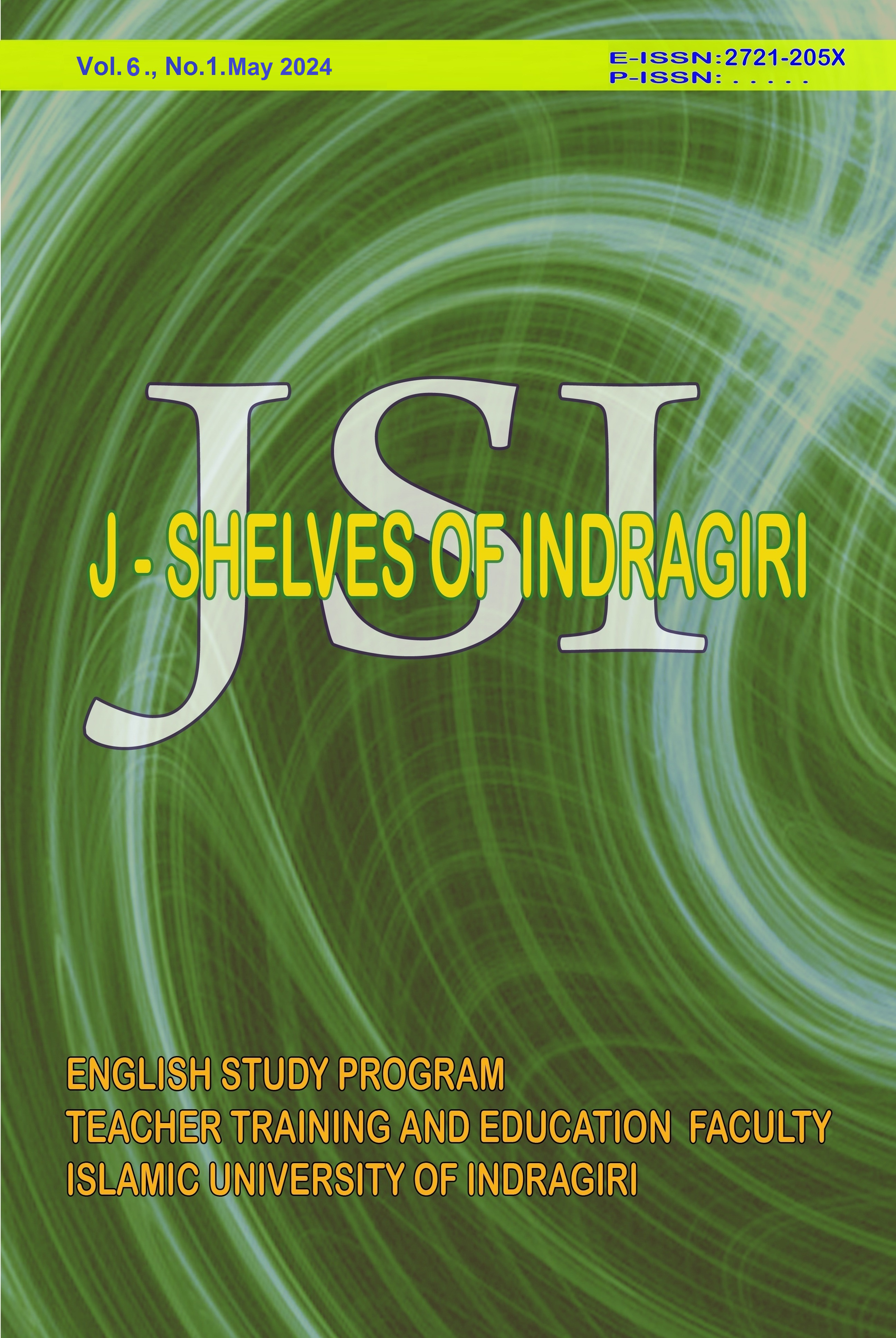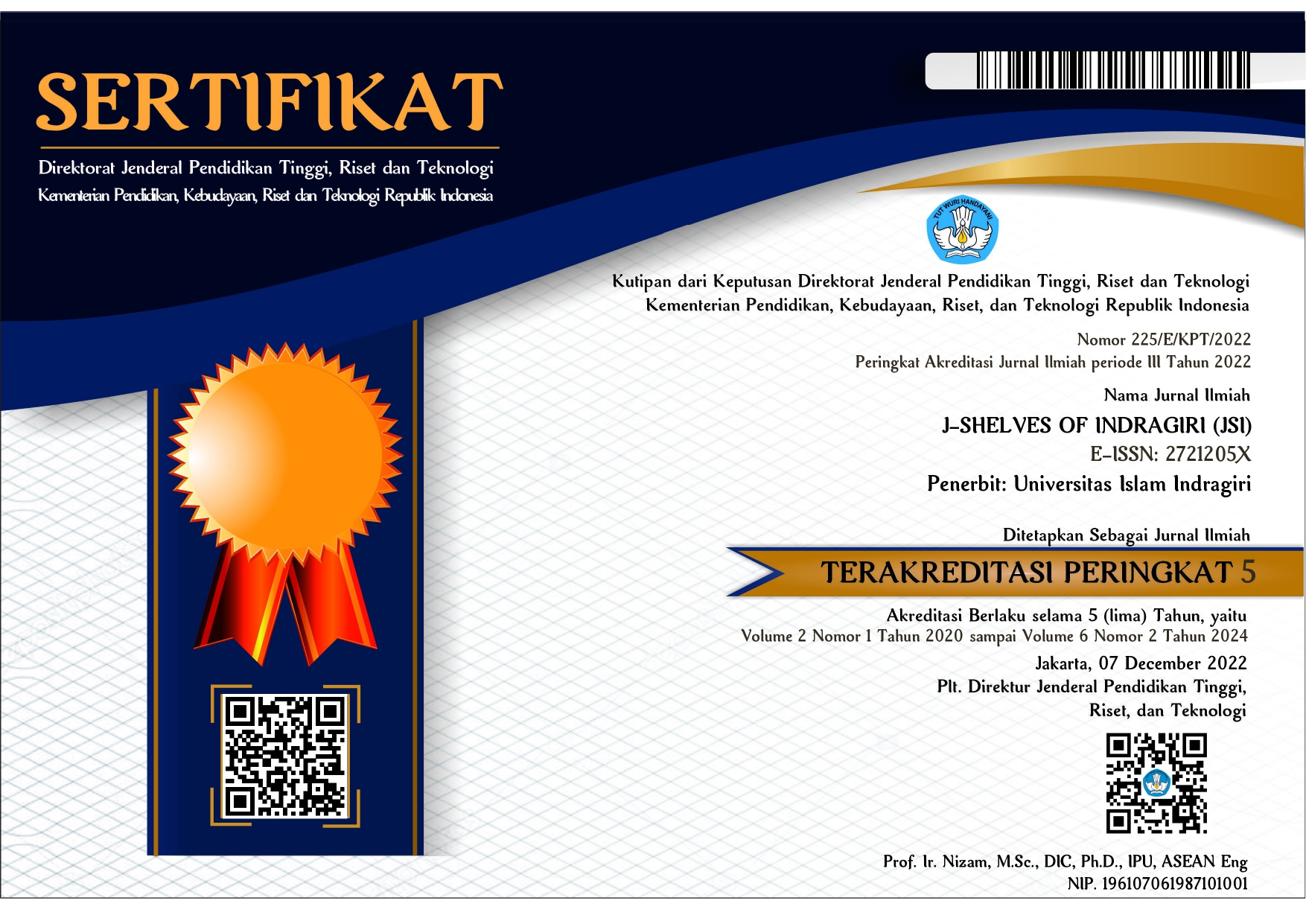TRANSITIVITY ANALYSIS OF PRABOWO SUBIANTO'S SPEECH AT THE 20TH SHANGRI-LA DIALOGUE CONFERENCE IN SINGAPORE
DOI:
https://doi.org/10.61672/jsi.v6i1.2744Keywords:
Transitivity, Prabowo Subianto’s Speech, Shangri-La Dialogue 2023Abstract
This research discusses transitivity in Prabowo Subianto's speech. This research aims to analyze Prabowo Subianto's speech at the 20th Shangri-La Dialogue conference in Singapore, focusing on identifying transitivity processes, participants, and dominant circumstances. Descriptive qualitative research, it aims to reveal the types of processes, participants, and circumstances in Prabowo's speech. This research uses Halliday's systemic functional linguistics theory. The results show five types of transitivity processes in speech: material, mental, relational, verbal, and existential. The analysis shows that in Prabowo's speech at the Shangri-La Dialogue Conference in Singapore, some clauses can be classified based on the type of transitivity process. The number includes 21 clauses for material processes, 15 for mental processes, 28 for relational processes, 5 for verbal processes, and 5 for existential processes. The total number of clauses analyzed is 74, with division based on transitivity components such as process, participant, and circumstance. The results showed that relational processes dominated Prabowo's speech with a percentage of 37.83%, which emphasized the relationship between entities such as the state and geopolitical powers. The participant analysis highlights the role of actors and goals in diplomacy with a percentage of 29.37%. In contrast, in the study of circumstances, breadth elements were found at a rate of 25.64%, which provided context and depth to the discussion of global issues.
Downloads
Published
Issue
Section
License
Copyright (c) 2024 Nenni Triana Sinaga, Femi Kurnia Kasih Gea, Sahlan Tampubolon

This work is licensed under a Creative Commons Attribution 4.0 International License.










